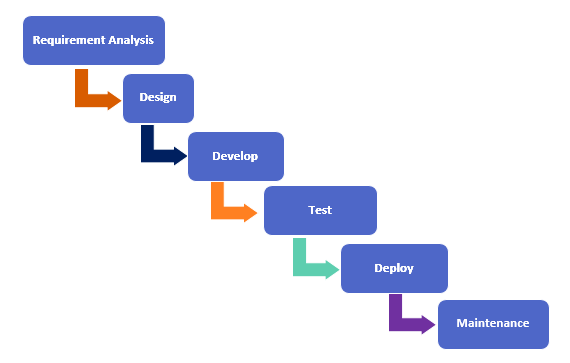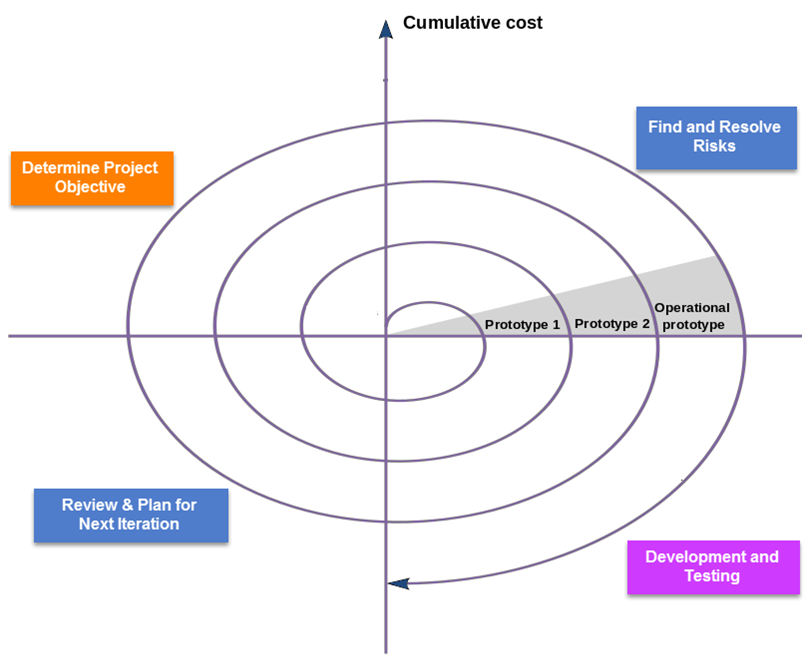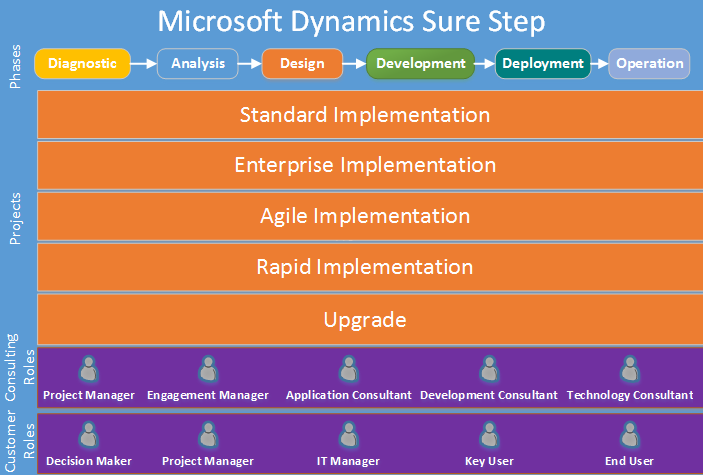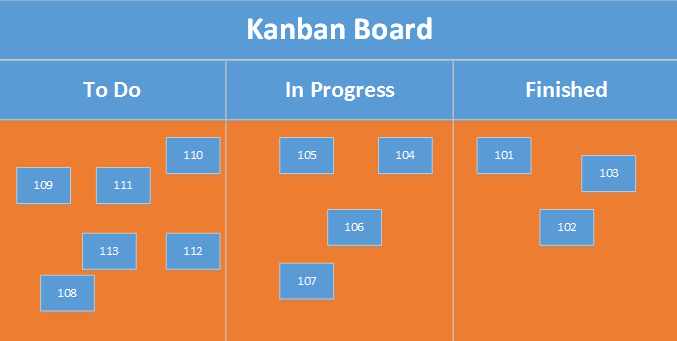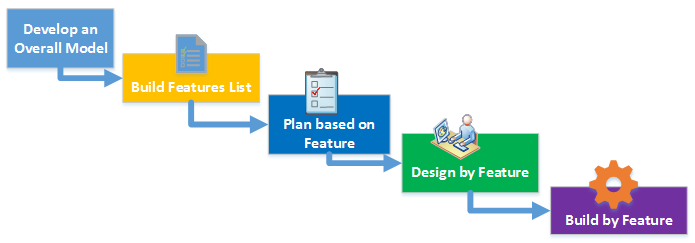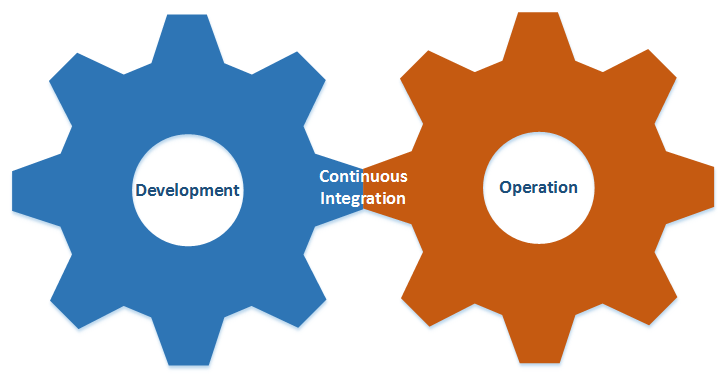While working on a project, project managers use different techniques and tools to keep their project organized and to get them delivered on time. One of the most critical decisions a project manager takes is selecting an appropriate project management methodology. We learned about common project management phases in the last topic. While implementing those phases, project managers need to follow specific practices to plan, manage, and execute the project, and this is what we call the project management methodology.
We can also call it a model that can be applied to project management to achieve a project goal within the set project timeline and budget. Project management methodology helps managers to manage their projects from the initial stage to delivery of the project. It helps the manager to set up a protocol for different activities. For example, how the project team will communicate, how tasks will be assigned to team members, setting up quality control, managing the project timeline, and delivering project output.
No doubt using project management methodology provides many advantages to an organization by standardizing its business processes, setting up communication rules, setting up guidelines, and reducing the risk of project failure. Companies can follow different methodologies for project implementation, but which project management methodology will be used for a project depends on the project manager. Project managers use project methodologies based on their past experiences and industry requirements because not all methodologies can be used in every project. For example, while working on the construction project, a particular project methodology may be more helpful than one that is common for software projects.
The various project management methodologies that we will be looking at are listed here:
- Waterfall
- Spiral
- Agile
- Scrum
- RAD
- Microsoft Sure Step
- Kanban
- Feature Driven Development
- DevOps
We will be studying each of these methodologies in the following subsections.






















































